Happy Birthday to Our Integrated Curriculum—and Many More To Come!
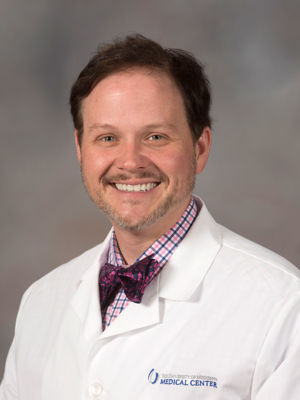
As we wrap up the first year of our integrated preclinical curriculum, it is time to reflect on the journey
and look forward to exciting times ahead. But first, let us take a moment to appreciate the incredible
work of the true architects of this successful transition.
Our Guiding Stars
Our faculty's dedication, expertise, and tireless efforts have ensured that our students continue to excel.
Contrary to the experiences of many of our peer institutions who have undergone curriculum change,
our students' performance on examinations, including standardized exams, has been at least as good as
before the transition and, in some areas, even better. This outcome is a testament to the quality of
instruction and guidance our faculty provides.
We want to give special recognition to our course directors and administrators, whose exceptional hard
work has been instrumental in ensuring our success. Their commitment to excellence has set a high
standard for our institution.
Please extend your gratitude and congratulations to the following foundational scientists and clinical
faculty:
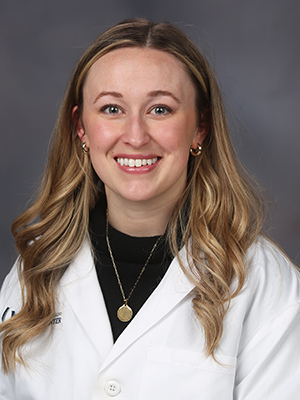
Casey Boothe, PhD, Assistant Professor of Advanced Biomedical Education
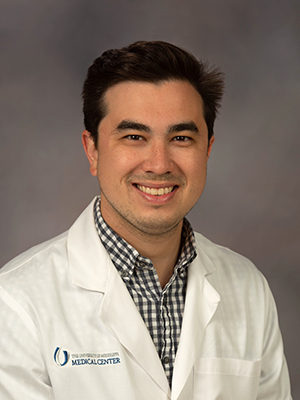
Charles Grogan, MD, Assistant Professor of Internal Medicine
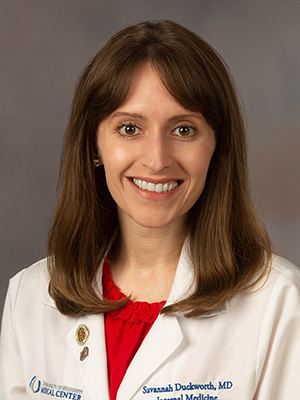
Savannah Duckworth, MD, Associate Professor of Internal Medicine
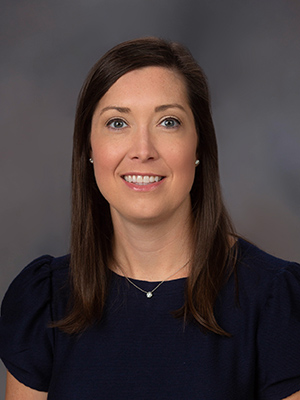
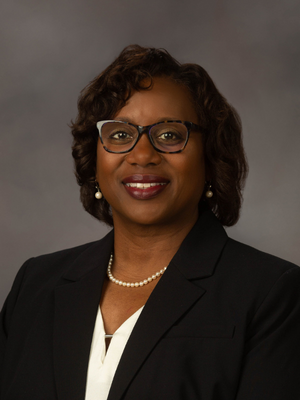
Loretta Jackson-Williams, MD, PhD, Professor of Emergency Medicine and Vice Dean of the School of Medicine
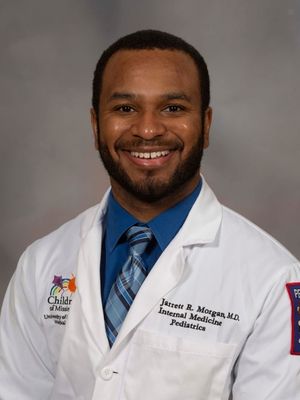
Jarrett Morgan, MD, Assistant Professor of Internal Medicine and Pediatrics
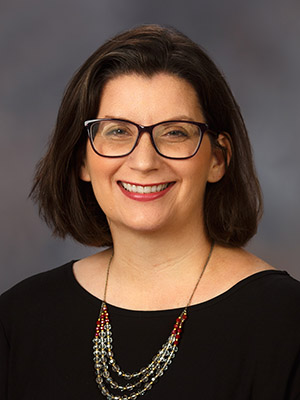
Erin Norcross, PhD, Professor of Advanced Biomedical Education
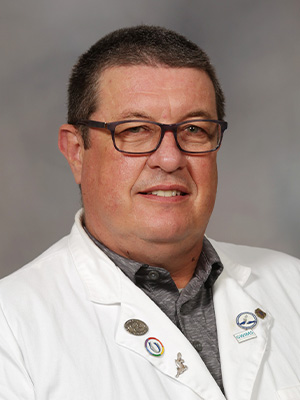
Stephen Stray, PhD, Professor of Cell and Molecular Biology
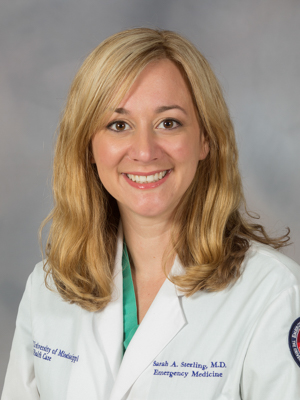
Sarah Sterling, MD, Professor of Emergency Medicine
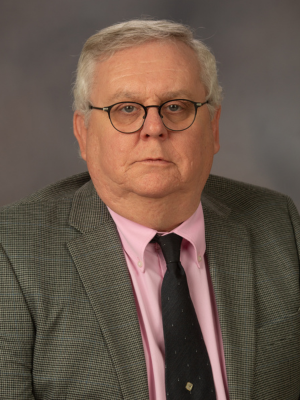
Ken Thompson, PhD, Assistant Professor of Advanced Biomedical Education
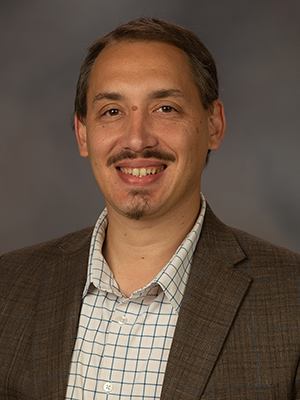
Nathan Tullos, PhD, Associate Professor of Advanced Biomedical Education
Their exceptional hard work and commitment to excellence have been instrumental in ensuring our
success and setting a high standard for our institution.
We also extend a hearty thank you and congratulations to Ms. Cindy Smith, Education Administrator,
and Brittany Ricker, EdD, Instructional Designer in the Office of Medical Education, without whose day-to-day
management, support, and insight, the new courses could not have been successfully
implemented.
Attendance and Academic Success
The revised attendance policy implemented by the Curriculum Committee, which requires that students
attend at least 80% of all class sessions for each course, has strongly correlated with student learning
outcomes. Data analysis has revealed that the percentage of sessions attended accounts for between 3-
8% of the final grade in each course. This research underscores the importance of active participation in
learning. The change will also better prepare our students for the expectations of the clinical learning
environment.
FridayPOPS Sessions Stand Out
Introducing Patient-Oriented Problem-Solving (POPS) sessions is another feather in our faculty's cap.
These sessions have provided students with exposure to working through clinical problems, and early
data already supports their utility. They have also opened new avenues for faculty research and
scholarship, with multiple publications being prepared or planned. Another huge thank you to the
faculty who created and taught these sessions.
High-Quality Test Questions
Our faculty, especially the course directors, have worked diligently to improve the quality of test
questions. Now consistent with the USMLE Step 1 style, these questions have been statistically validated
as internally consistent and reliable—and they should be, as each question receives at least one hour of
faculty time to write, review, and approve!
Student Wellness
Our faculty's concern for student wellness goes beyond academic success. There is ongoing work to
measure the effects of the new curriculum on student wellness, ensuring that our students are
supported in all aspects of their journey. Data shows that student wellness is no worse than in previous
iterations of the curriculum.
Lessons Learned and Opportunities Ahead
As we reflect on our first year, we also acknowledge the lessons learned and the opportunities ahead.
We are committed to continuous improvement and are already working on several initiatives:
1. Active Learning: We are expanding the use of active learning within presentations. This
expansion will engage our students more deeply in the learning process and enhance their
understanding of the material.
2. Deepening Integration: We are deepening the integration of the foundational science and
clinical content within the sessions to give our students a more holistic understanding of
medicine. One strategy used in many courses is increasing the number of sessions team-taught
by foundational scientists and clinicians.
3. Eliminating Unintentional Repetition: We are working closely with our teaching faculty to
ensure that no unnecessary repetition occurs in the curriculum. Any redundancy will be
intentionally designed to reinforce key concepts.
4. Scheduling: We are revising the schedule to improve topic sequencing based on student
feedback and faculty observation. This process will ensure a more logical flow of content and
enhance the learning experience for our students.
5. Session Objectives: Using our test question validation, we are reviewing all session objectives to
ensure appropriate breadth and depth. This change will ensure that our students are exposed to
a comprehensive range of topics at the right level of detail.
How You Can Contribute to Our Continued Success
We understand that faculty members have many competing priorities and that your time is precious.
Balancing teaching, research, patient care, and personal commitments is no small feat. Nevertheless, so
many of you continue to dedicate your time and expertise to the education of our students. We want to
take a moment to acknowledge this dedication. Your commitment to our students, our curriculum, and
the field of medicine does not go unnoticed. We are deeply grateful for your contributions.
As we look forward to the next academic year, we would like to highlight opportunities for our faculty to
contribute to the continued success of our curriculum:
POPS Facilitators: We encourage faculty members to sign up to act as POPS facilitators. We have found
that students particularly appreciate the clinical perspective in these sessions. Facilitators' guides and
complete cases are provided in advance so everyone works from the same knowledge base and
perspective.
Clinical Preceptors: Volunteering as a clinical preceptor is another excellent way to contribute. This role
provides a valuable opportunity to guide our students in their clinical practice and help shape the next
generation of healthcare professionals. As we move forward, we will shift the previous preceptorship
experience from being housed entirely in the second year to spanning the spring semester of the first
year and fall semester of the second year, better aligning it with our new curriculum content.
Small Group Facilitators: We always need faculty to facilitate small groups for Introduction to the
Medical Profession I and II. Topics range from medical ethics to communication skills, behavior change,
society and medicine, history-taking, and beyond! These sessions are wonderful opportunities to engage
with our students more personally and guide them through these important topics.
Lecturers: Lastly, we encourage our faculty to embrace opportunities to lecture and to work with our
instructional designer to incorporate active learning into your sessions. This approach has been shown
to enhance student engagement and improve learning outcomes.
Faculty interested in participating are encouraged to monitor their emails for the schedule and sign-up
list provided during the summer months via the SOM educational listserv.
Looking Forward
As we gear up for our second year, we are excited to build on these successes and continue to provide a
comprehensive, integrated, and supportive learning environment for our students. Here's to an even
more successful second year!


